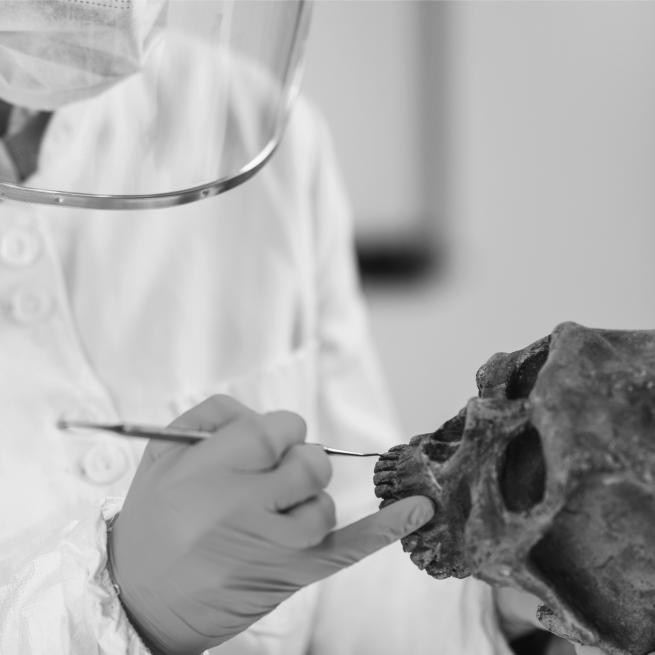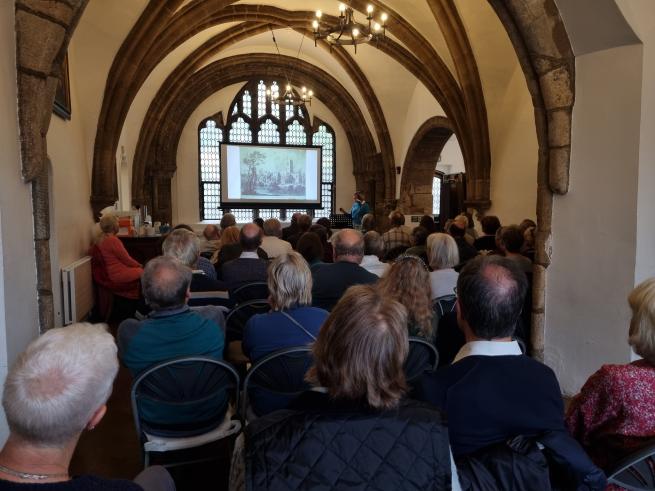
A panel debate to coincide with Mental Health Awareness Week.
In response to the number of working-age adults unable to work due to poor mental health, health secretary Wes Streeting told the BBC’s Sunday with Laura Kuenssberg that mental-health conditions are being ‘overdiagnosed’ - a claim backed up by more than four in five GPs who believe that the ups and downs of normal life are being wrongly redefined as mental disorders.
The number of people on disability benefits who list a mental-health problem as their main condition has increased over the past decade by 1.2 million to nearly 2.5 million. And this growth is happening overwhelmingly among the young, with 34% of those aged 18 to 24 reporting symptoms of mental ill-health, up from 24% in 2000. While children are said to be suffering from and ‘epidemic’ of mental health problems.
There’s no shortage of explanations for this rise. And Streeting’s comments have faced criticism from many in the mental health sector who warn they could ‘stigmatise’ those suffering with their mental health, and instead highlight problems - including poverty, job insecurity, economic decline, social media and Covid lockdowns - as causes for the increase in cases. Some argue the rise also reflects an historic underdiagnosis of conditions and greater ‘mental health literacy’.
Others, however, argue that this is more a social and cultural crisis than a medical one which long precedes Covid, and highlight the medicalisation of normal behaviour and expansion of psychiatric categories to classify an increasing range of human behaviours as factors in encouraging people to view ever more of life’s problems through the prism of mental illness - even to the point today of actively seeking out a mental-health identity.
So, are we just more aware of the extent of mental health problems and failing to recognise the pressures people face today, or has increased awareness risked overdiagnosis?
Panellists:
Ken McLaughlin has over 30 years of experience in social work and social care, including as a senior lecturer. His research is concerned with the way in which societal problems are viewed through a therapeutic gaze, and his writing has appeared in academic journals.
Bridgette Bewick is a University of Leeds Professor in Psychological Health, Wellbeing and Education dedicated to advancing our understanding of developing and implementing compassionate pedagogies, facilitating belonging, supporting wellbeing and reducing mental distress and injustice within higher education.
Carriageworks Theatre
3 Millennium Square
Leeds
LS2 3AD
United Kingdom
Show on map
53.800964, -1.548059
Date
Tickets
Ticket price
Admission: £5 (cash only) to pay on the door to Room 4, or in advance via the 'Donate & Pay' button on the salon website home-page.



